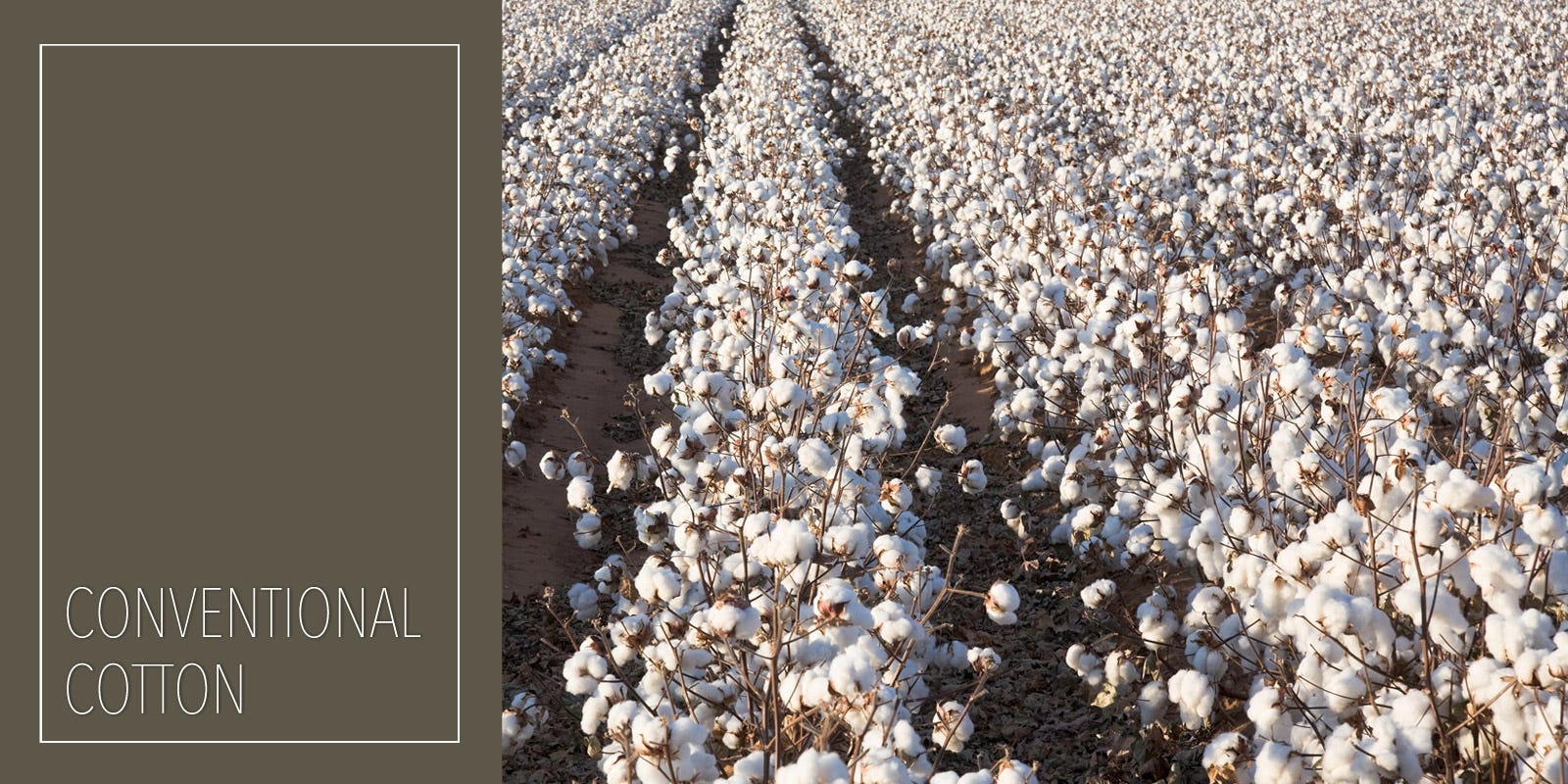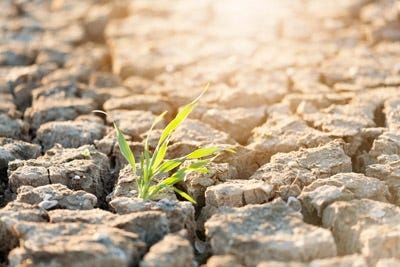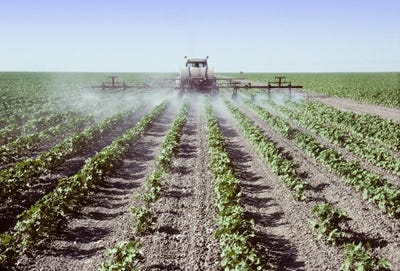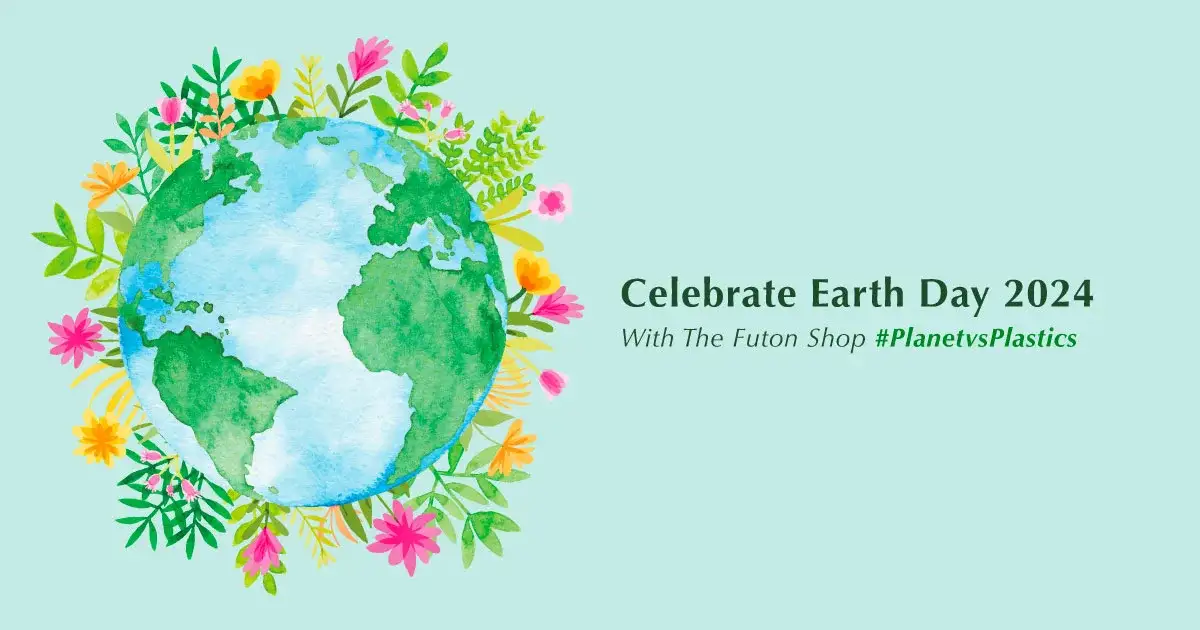
What is conventionally grown cotton and how does it effect the environment?

Conventional crops refer to those crops, including cotton, that are grown with the assistance of synthetic agrichemicals (including fertilizers, herbicides, insecticides, defoliants). Most of the cotton grown around the world is grown 'conventionally'. It is usually grown as a mono-culture, (which means it is the only significant crop grown over large areas of land) although most farmers in developing countries grow some food crops. A few key characteristics of conventional farming include: rapid technological innovation; large-scale farms; single crops/row crops grown continuously over many seasons( mono-culture); uniform high-yield hybrid crops;
extensive use of pesticides. Increasingly, conventional cotton is grown from genetically modified (GM) seeds. We feel the harmful effects of non-organic cottons and fabrics in our daily lives. Irritated skin, rashes and even headaches and dizziness can be caused by the chemical residue trapped in the threads. Additionally, genetically modified cotton now accounts for 75% of cotton grown conventionally. It is no comfort that cotton is also a food crop: cottonseed oil is used in many processed and snack foods and cottonseed is used in cattle feed.

There are major concerns over the practices of conventional farming as they have negative effects on our health and the health of the planet. For instance, conventional farming techniques maximize yields at the expense of soil. The topsoil becomes depleted of organic matter, a bi-product of mono-culture farming, decreasing its ability to hold water. This decrease leads to erosion of the topsoil layer by wind and water, reducing the overall productivity of the soil.

Additionally, irrigation systems that deplete the surface and ground water disrupt the natural water cycle, creating a water scarcity in some areas while reducing water quality with the use of pesticides in other areas. Agriculture is the largest single non-point source of water pollutants including sediments, salts, fertilizers (nitrates and phosphorus), pesticides, and manures.

Another negative effect that conventional farming has on the environment involves insects, fungi and other pests are becoming resistant to pesticides, perpetuating the need to create more harmful pesticides. As the strength of pesticides increases, it impacts pollinating insects and other beneficial species, reducing genetic diversity of other plant life.
What Are The Negative Effects Of Cotton Farming?
The best way to avoid these negative effects of conventional farming is to go organic by looking for products made with Organic Cotton
Click here to learn more about Why Organic Cotton is Important 
Everything You Need To Know About Futons








